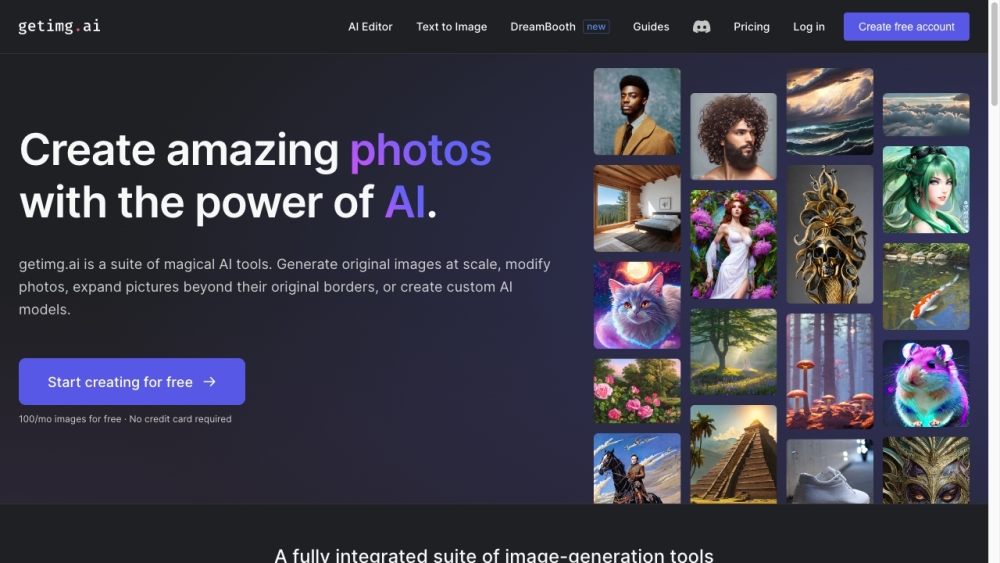Ever wondered if your brain is as old as you are? Scientists at the Karolinska Institutet used a special computer program, known as AI, to study the brains of 70-year-olds. They aimed to figure out the real age of their brains and see how daily habits influence brain health. Their findings revealed that conditions such as diabetes, body inflammation, and high blood sugar can age the brain prematurely. On the flip side, a lifestyle that includes regular workouts and healthy routines can keep the brain looking youthful.
This research underscores the significance of vascular health in maintaining cognitive strength as we age. The scientists are working to enhance this AI tool for use in clinical settings and plan to delve into how gender and social well-being impact brain health in upcoming studies.
Key Discoveries from the Brain Age Study
The study involved 739 mentally agile 70-year-olds, with 389 being female, selected from Sweden's H70 cohort in Gothenburg. The researchers conducted MRI scans of their brains and utilized an AI-based algorithm to estimate the age of these brain images. The algorithm proved to be both precise and user-friendly, according to Eric Westman, the lead investigator and a professor of Neurogeriatrics.
The brain images were supplemented with blood tests to measure lipids, glucose, and inflammation markers. Participants also underwent cognitive assessments. Additional data on lifestyle choices, such as physical activity, and medical histories were collected.
The AI tool determined that on average, the brain age was 71 years. By comparing the estimated brain age with the chronological age, researchers identified a "brain age gap." They discovered that factors like diabetes, stroke, cerebral small vessel disease, and inflammation correlated with an older brain appearance. In contrast, a healthy lifestyle, particularly regular exercise, was linked to a younger brain appearance.
The Future of AI in Brain Health Research
The study's lead author, Anna Marseglia, emphasized that maintaining stable blood sugar levels is crucial for vascular health, which in turn protects the brain. The researchers noted differences in the factors affecting brain age between males and females, suggesting that resilience-building mechanisms might vary by gender. This insight will guide future research into biological and sociocultural determinants of brain health.
Next year, the team plans to initiate a study focusing on how social health factors, such as engagement, connectivity, and support, along with sleep and stress management, impact brain resilience, with a particular focus on women's health. This research promises to deepen our understanding of how to keep our brains healthy and vibrant as we age.







